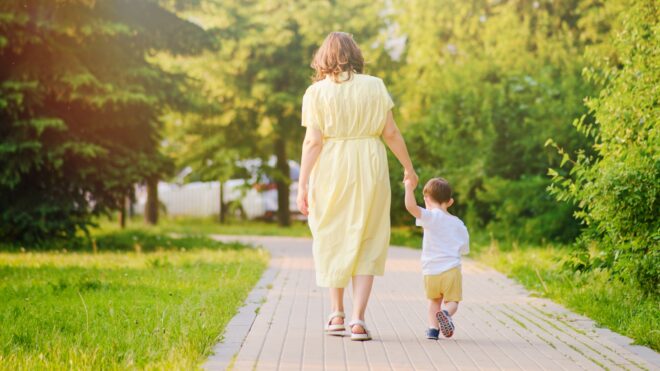Siblings: They're giving each other noogies one second, then hugging it out the next. Suffice to say, life is never dull with brothers or sisters around. But whether you're raising siblings or grew up with them, what you might not realize is just how much these family members impact our personalities, achievement levels, heck, even our dating and marriage prospects!
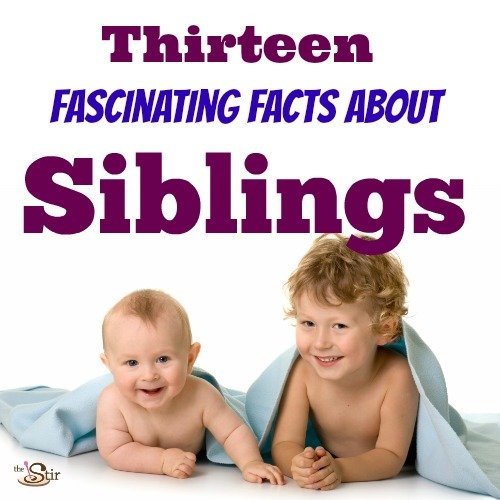
For more info on how birth order and other aspects of the sibling relationships affect who we become as individuals, see the slew of scientifically based "who knew?" sibling trivia below.
Which facts about siblings surprised you the most?
*Images © iStock.com/ArtisticCaptures; © iStock.com/jaroon *
They Can Make You Fat
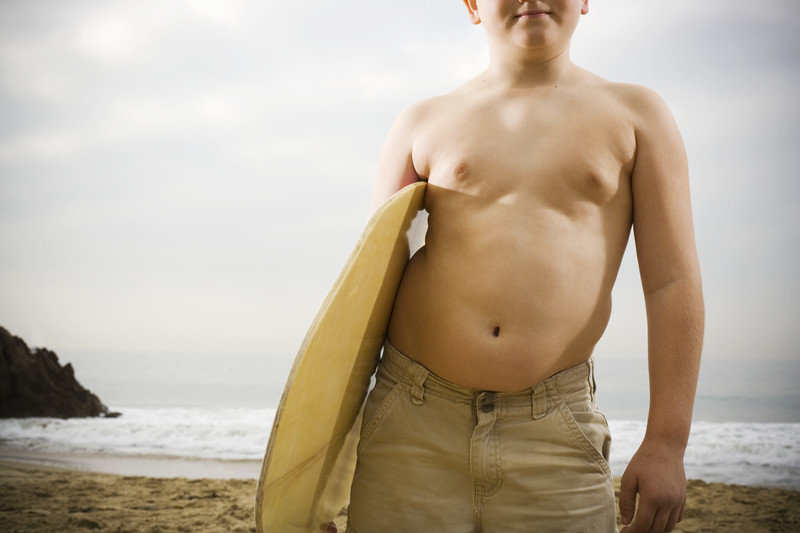
Sure, having a parent who's obese doubles a child's odds of obesity. But research by the Mongan Institute found that having a sibling who's obese is worse, raising a child's risk of being obese fivefold. So if a child's weight is inching up there, watch out!
Siblings Might Also Make You Skinnier

While having an obese sibling increases your odds of obesity, the presence of siblings in general may actually slim you down. A Swedish study found that kids with siblings were less likely to be overweight than only children. The reason? Siblings play with each other, which keeps them moving rather than vegging out alone in front of the TV.
Siblings Use Favoritism to Their Advantage

While siblings usually know where they stand in the favoritism pecking order and may suffer self-esteem issues if they're second-best, all siblings end up benefiting from favoritism — i.e., "YOU ask mom to take us to the park; she never says no to you." In the end, they both win!
More from The Stir: 7 Surprising Scientific Facts About Fall Babies
More Siblings = Stronger Marriages
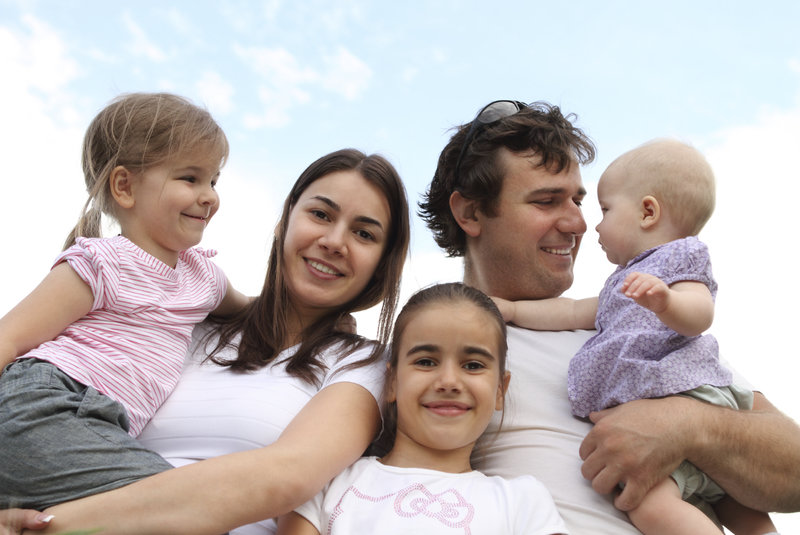
A study by the University of Ohio found that kids with more siblings have stronger marriages. According to data on 60,000 adults, each sibling decreases the odds of divorce by 2 percent.
They Spend More Time Together Than You'd Think

According to a study by Pennsylvania State University, by the age of 11, siblings clock 33 percent of their time together. That's more than they spend with friends, parents, teachers, or even by themselves!
They're Bad Influences

For instance, kids whose older siblings smoke cigarettes or drink alcohol are twice as likely to drink and four times as likely to smoke themselves. Girls with older, pregnant teenage sisters are 4-6 times more likely to become teen moms, according to research by UC San Diego. Yet some siblings also go their separate ways in an attempt to differentiate themselves, particularly if they're close in age.
They're Bullies
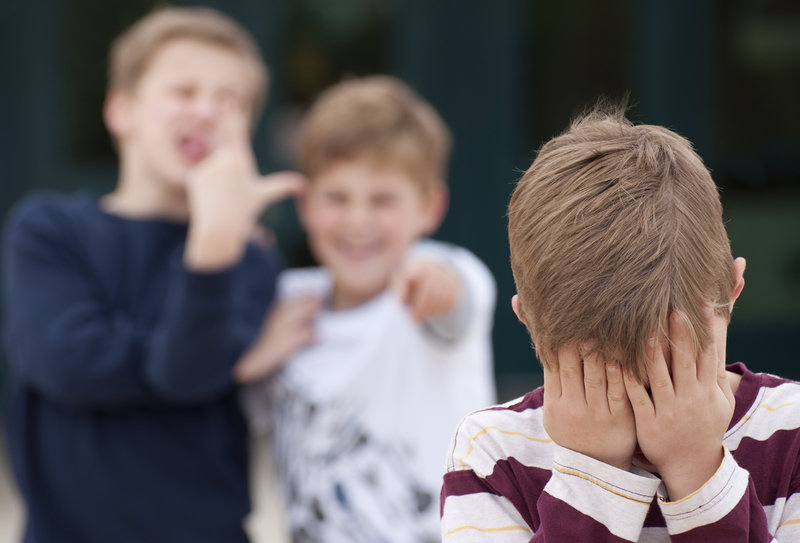
Not all bullies are encountered on the school playground; siblings can bully each other, too. In one study, about 1 in 10 kids claimed they'd been bullied regularly by a sibling and were found to be twice as likely to suffer from depression, anxiety, or self-harm as other kids.
More from The Stir: 13 Surprising Scientific Facts About Boys
They Make You Smarter
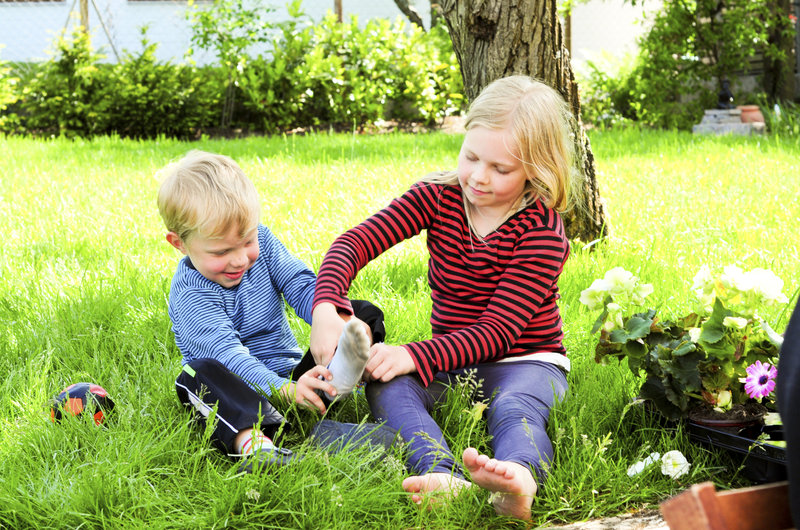
While kids from large families tend to struggle more academically due to their parents' divided attention, one study found that older siblings can step in and pick up the slack. In a survey of 385 children, kids who had a sibling 4 years older who was highly involved with their upbringing scored better on vocabulary tests than kids who didn't have an older sib take them under their wing.
It's Like Fight Club Up in Here
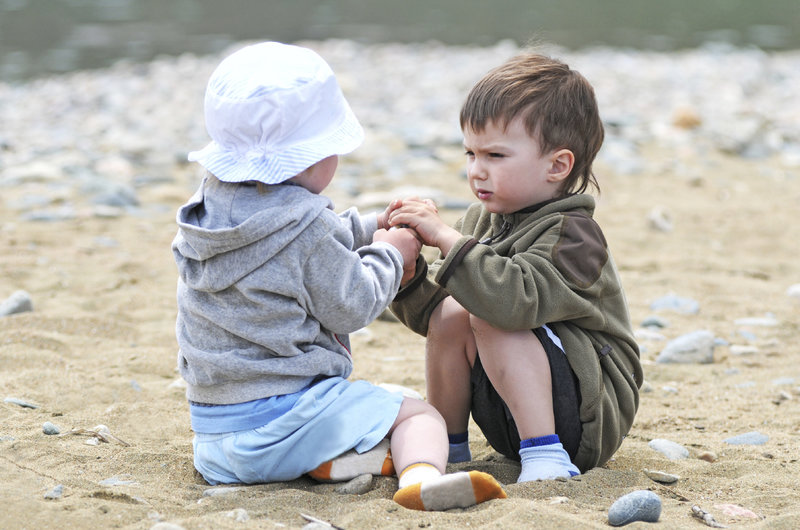
Of course siblings fight, but how much? Studies show that siblings between the ages of 2 and 4 clash 6.3 times per hour. Luckily that frequency drops, with kids age 3 to 7 butting heads just 3.5 times per hour … which means moms have a whole 20 minutes before the next brawl.
Siblings Can Make You Short
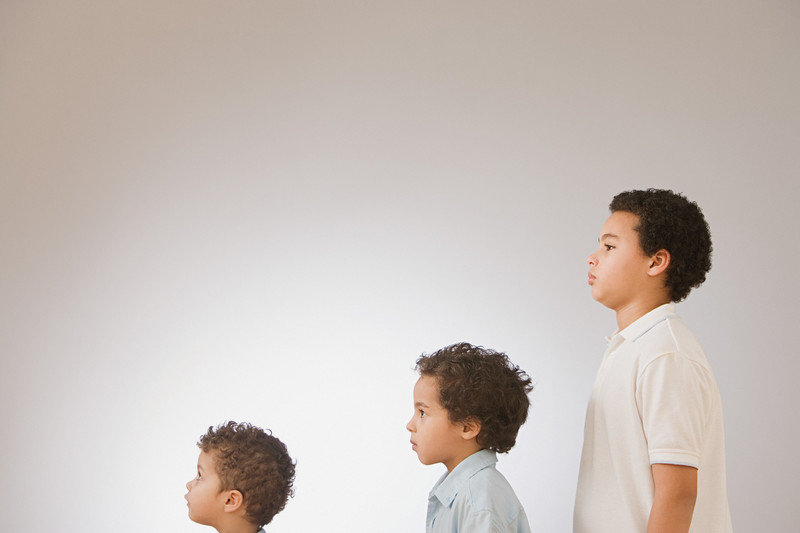
One study in New Zealand found that having older siblings can make you short! In their analysis of 312 children, they found that first-born siblings tended to be taller than second-born, and second-born taller than third-born … you get the idea.
They Make You Kind
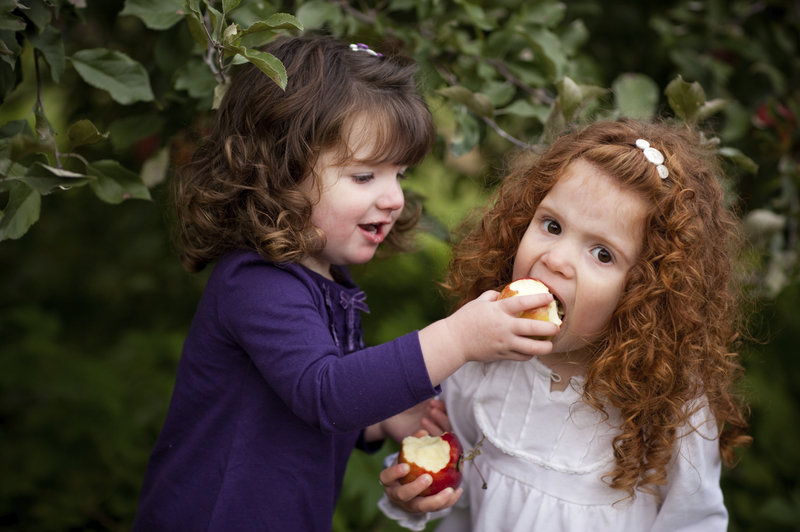
Oddly, all of those "That toy's mine!" tussles between siblings don't stick: A study by Brigham Young University found that having a loving sibling promotes charitable attitudes and good deeds, even more so than having loving parents.
More from The Stir: 9 Surprising Scientific Facts About Youngest Children
Siblings Reduce Your Risk of Allergies
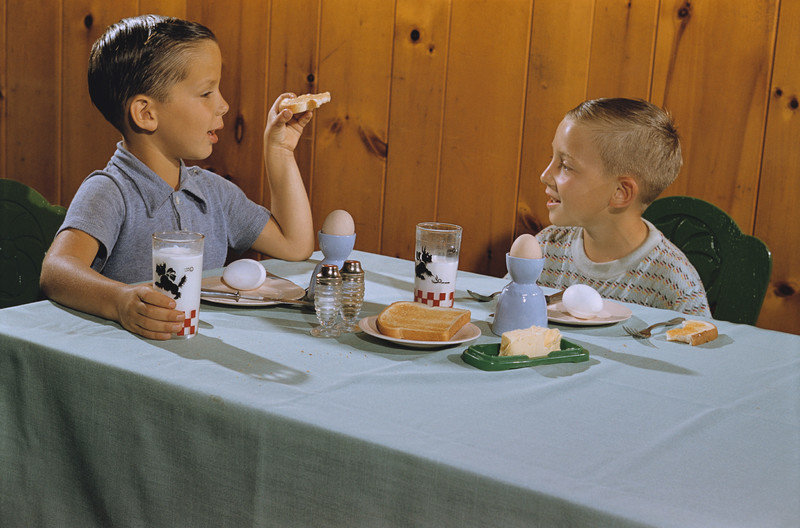
Sure, brothers and sisters might expose you to germs and colds, but siblings actually reduce your risk of allergies. In one study at the Murdoch Children's Research Institute, nearly 11 percent of infants with no siblings were allergic to eggs, but as the number of siblings increased, the odds of an egg allergy dipped. Three or more siblings curbed the risk to just 4 percent.
Siblings Can Make You Miserable
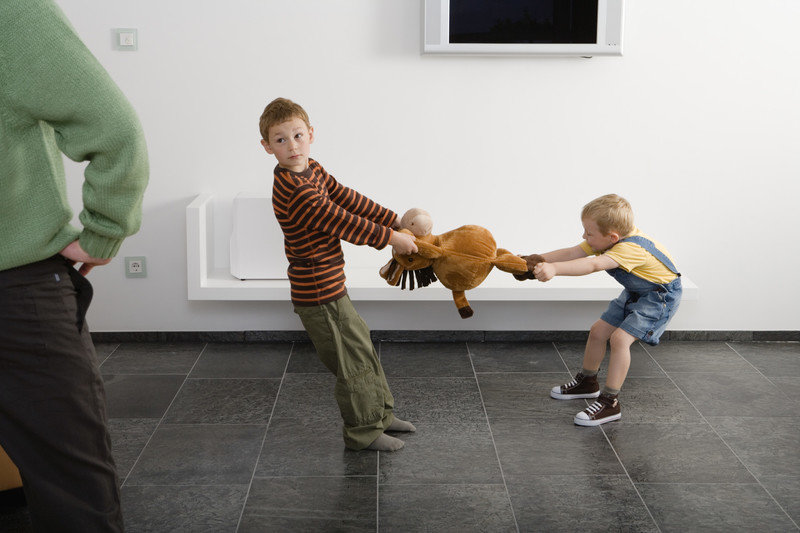
It's a fact: Siblings pick on each other, and fight over toys … which may explain why one British study of over 40,000 households found that the more siblings you have, the less happy you are. But don't worry: by middle age, 80 percent of siblings have positive relationships, so keep that in mind the next time they're at each other's throats!
More from The Stir: 11 Surprising Scientific Facts About Firstborn Children


